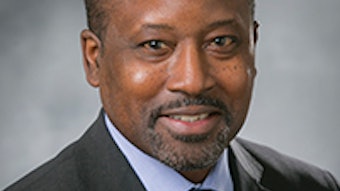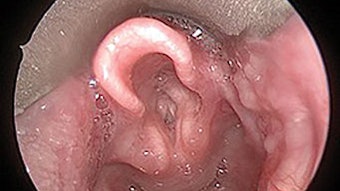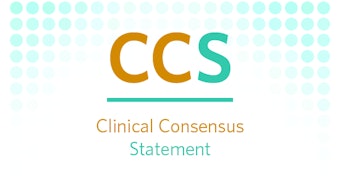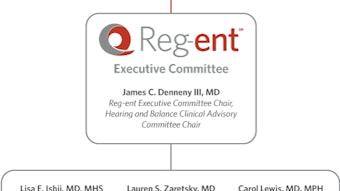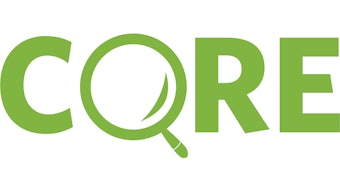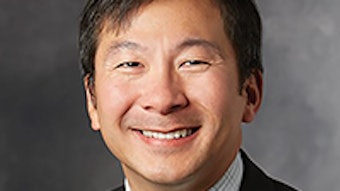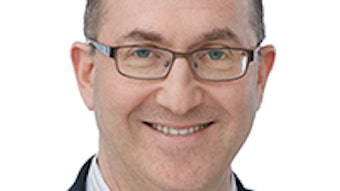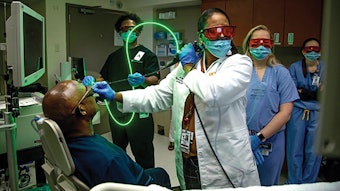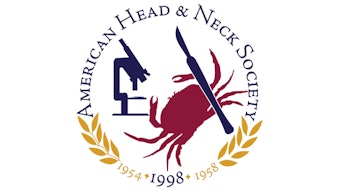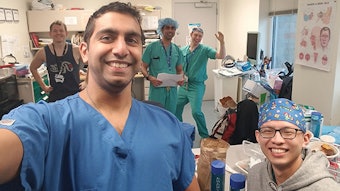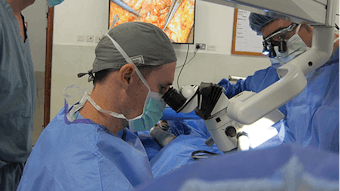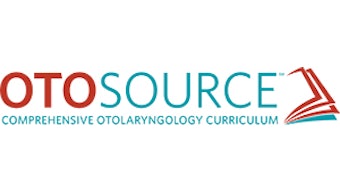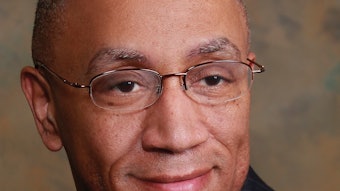COMMITTEE REPORT: PSQI
The Patient Safety and Quality Improvement (PSQI) Committee contributed significantly to raising awareness of patient safety and quality improvement issues within the specialty and identifying products, tools, services, and processes that lead to safer care for otolaryngology-head and neck surgery patients.
The Patient Safety and Quality Improvement (PSQI) Committee contributed significantly to raising awareness of patient safety and quality improvement issues within the specialty and identifying products, tools, services, and processes that lead to safer care for otolaryngology-head and neck surgery patients.
The committee continues to help develop resources to assist our members during the COVID-19 pandemic. Work products achieved in conjunction with other committees include development of an anosmia reporting tool for providers and patients, a publication of initial findings in Otolaryngology–Head and Neck Surgery, and a podcast on COVID-19 and patient safety in otolaryngology. Furthermore, in partnership with the Telehealth Committee and the Future of Otolaryngology Task Force, committee members are working to develop guidance for safe, appropriate, and high-quality conduct of telehealth visits in otolaryngology.
There are several PSQI projects that have been developed to better understand safety and quality in the practice of otolaryngology. The committee surveyed Academy members about trends in sentinel intraoperative adverse events and prevention strategies and discussed their preliminary results in the April 2020 Bulletin. Their findings will ultimately help provide otolaryngologists with benchmarks and experiences in response to major safety events.
The PSQI Committee is developing another survey to understand evaluation of practitioner competencies, specifically how the mechanisms of Ongoing and Focused Professional Practice Evaluations (OPPE and FPPE) in otolaryngology are conducted within institutions. Findings will help to establish current and best practices for practitioner competencies within the otolaryngology community.
To raise awareness of additional patient safety and quality issues, the committee has actively contributed Bulletin articles on emerging areas of quality and patient safety including safety of clinic-based laryngology procedures (published in March 2020), telemedicine (published in this issue, see page 32), scary cases and error pyramids (tentatively scheduled for the Dec/Jan 2020/21 issue), and physician burnout (tentative). These contributions have helped to communicate concepts for our membership to relate to their practices.
Along with other stakeholder committees, the PSQI Committee championed the need for a guideline on analgesia use in otolaryngology. In late 2018 the AAO-HNSF selected this topic and began planning for the development of a single-specialty Clinical Practice Guideline: Opioid Prescribing for Analgesia after Common Otolaryngology Operations. Representatives of the PSQI Committee have been involved with in-person meetings, the second of which was in February 2020.
Partnership with other subspecialty committees is a key component to bringing together the best of ideas. Tracheostomy safety is of continuing interest with this committee. In conjunction with members of the Pediatric Otolaryngology Education Committee, a review of the literature and potential guidance with regard to pediatric tracheostomy care are in the works.
PSQI has also developed and/or cosponsored the development of numerous AAO-HNSF Annual Meeting Panel Presentation submissions on topics related to patient safety and quality improvement. These submissions cover the following topics for the 2020 Annual Meeting: scary cases, assessing your clinical practice using quality improvement, enhanced recovery after surgery, opioid sparing strategies, surgical competency, physician burnout and wellness, and vaping and emerging public health threats in otolaryngology. Seven PSQI Committee-sponsored Panel Presentations and three cosponsored Panel Presentations with other AAO-HNSF committees have been accepted for the AAO-HNSF 2020 Annual Meeting & OTO Experience.
In recognition of the accomplishments and passion of committee members, the PSQI Committee received a 2020 Committee of Excellence Award. The PSQI Committee remains at the forefront of developing and promoting guidance that optimizes quality of care and safety for our members and their patients.
